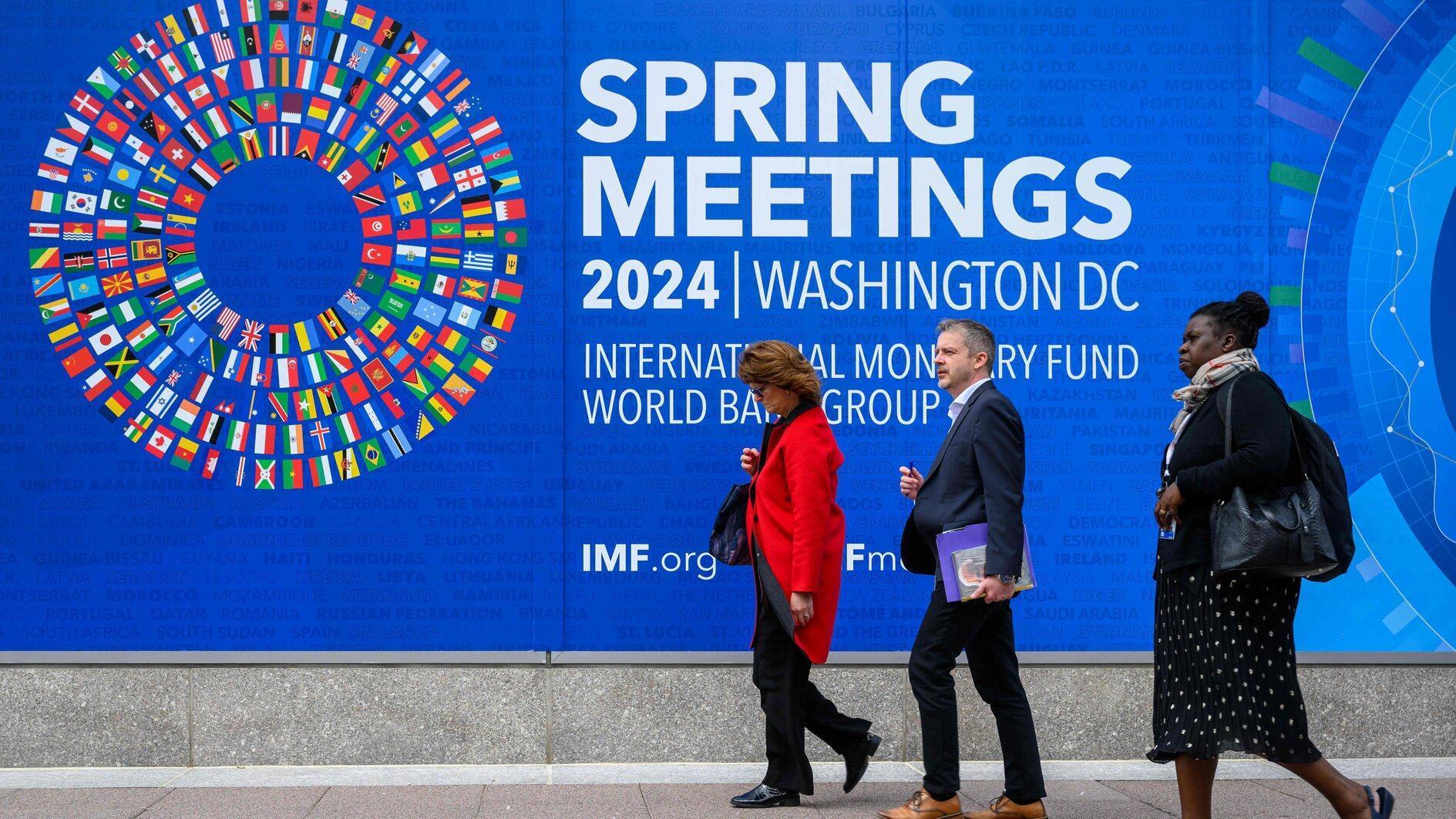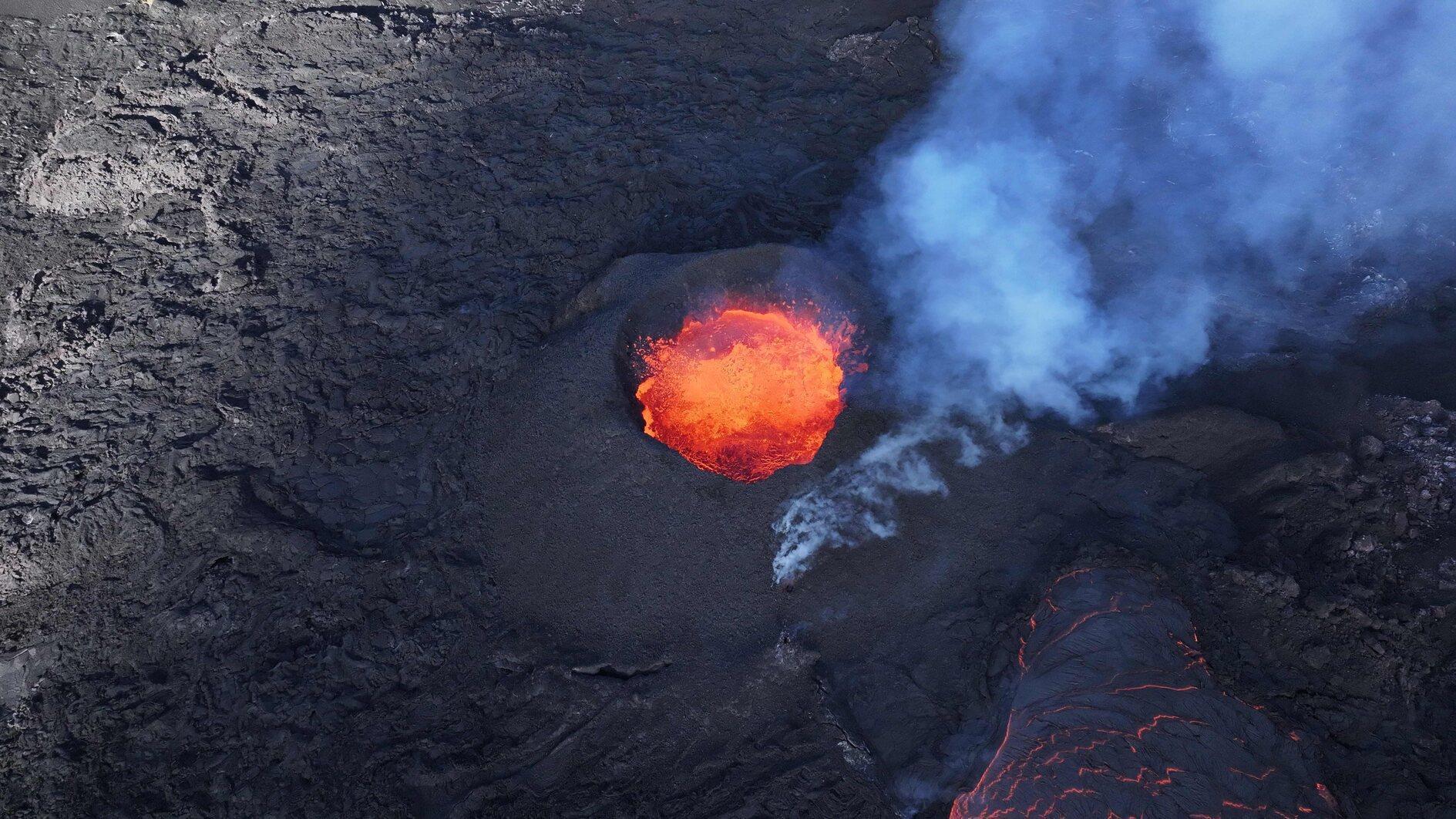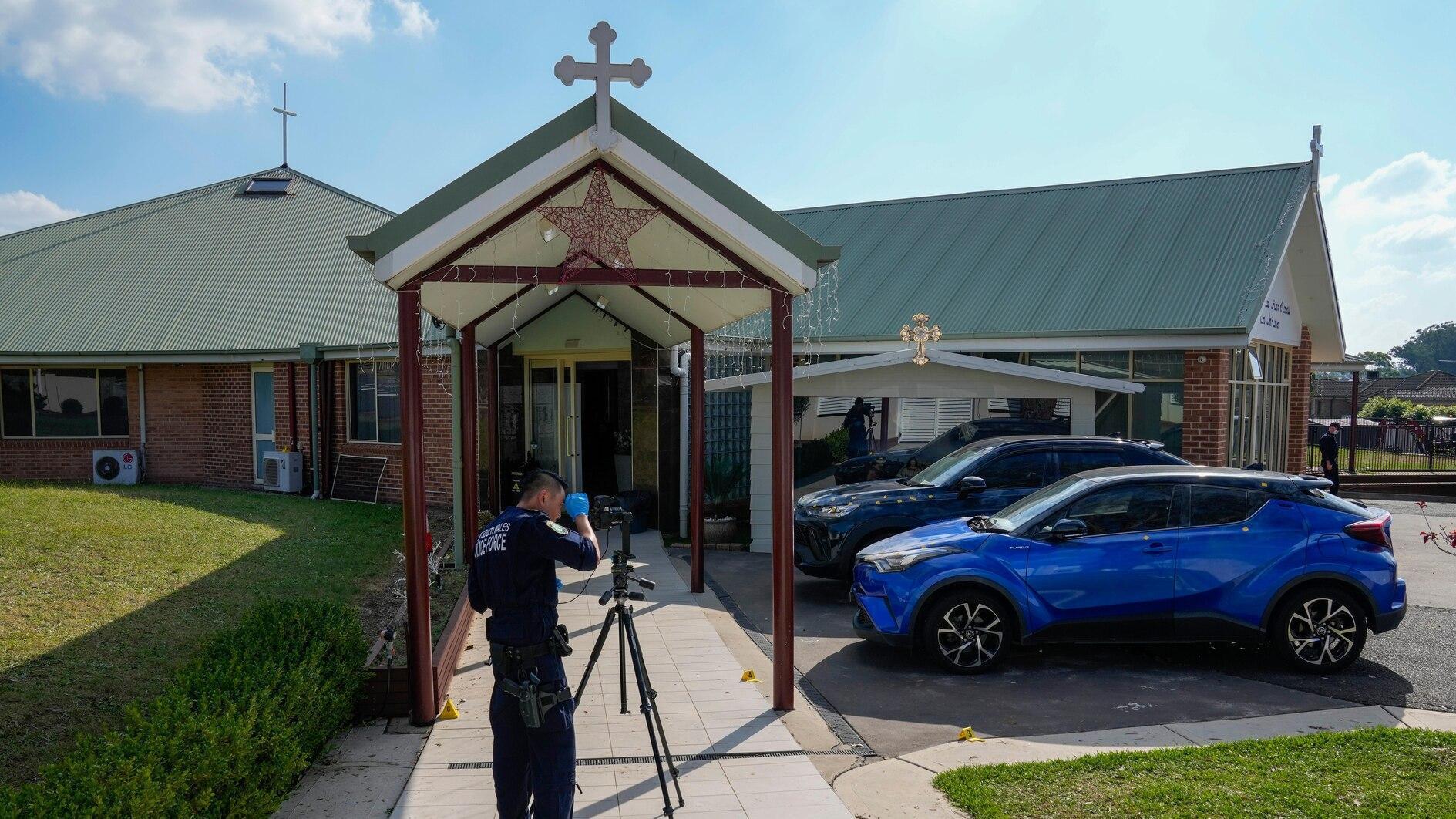Low interest in Greece in Turkish elections
“Imagine if someone would launch an attack on the Athens airport, on Acropolis, on ancient Agora, with 2,500 missiles, within three weeks. It is unbelievable. Imagine that Turkey launches an attack tomorrow, you will have to defend yourselves and protect yourselves.”
That very illustrative statement to explain the intensity of the Israeli reaction against Hamas and consequently against the civilian population in Gaza, came from David Tzur a member of the Knesset and former police chief who was actually born in Istanbul 55-years-ago. His statement was part of a long interview to the Greek newspaper Proto Thema, published yesterday, as Mr. Tzur, besides being a member of Tzipi Livni’s Hatnuah Party, he is also the president of the Knesset’s Israel-Greece Friendship Committee.
But this nightmarish scenario of Turks suddenly attacking the jewels of the ancient Greek world with thousands of missiles was an exception; an exception to the generally low interest in Greece over what has been recently going on in Turkey, including the upcoming presidential elections.
Admittedly, there is currently a hell of important news in our region. Recent war fronts, such as Ukraine, with historical populous Greek communities now caught between a bloody confrontation and political dilemmas, have been keeping the Greek media, the public and diplomats busy for months.
The events in Gaza have refueled the traditional Greek sympathy for the Palestinian cause, although societal changes brought in by the dominance of the Islamist Hamas are often overlooked. Against an overflow of the humanitarian disaster stories, which highlight the “cruelty of the Israelis,” it is very hard to find an alternative analysis with the view of the “other side.” An exception was Mr. Tzur’s interview.
And as if those two ugly war fronts were not enough, the recent forced exodus of Christians from Mosul by the jihadists of the Islamic State of Iraq and the Levant (ISIL) alarmed the Greek commentators about the future of Christianity in a increasingly more extremist Muslim world.
Against such a violent and dramatic background, it is no wonder the upcoming presidential elections in Turkey, would look like a “no-news” story. Most Greek analysts take for granted that Prime Minister Recep Tayyip Erdoğan will be elected as president of a “new Turkey” on the first round. There is a general feeling of approval for Erdoğan among the Greeks who, economically drained and ideologically disillusioned, long for a firm, charismatic, albeit authoritarian leader against their own anemic alternatives. The recent stories of corruption among government officials, scandals, purges in the judiciary and the police, have not been seen of major importance, as long as the main narrative of “a prosperous Turkey with a charismatic leader” remains intact. And there is not much to say about someone who is going to win again.
Some, though, turn their eyes at the opposition and point out that the historical element of these elections lies in the fact that none of the candidates is a “Kemalist.” “The supremacy of the Islamist Justice and Development Party [AKP] and Erdoğan himself during the last 12 years have made the adoption of an anti-Islamic political discourse a wrong choice,” writes a Greek political scientist, adding whoever wins in Turkey will not necessary have to defend the traditional secularist agenda any longer. “Even a traditional Kemalist knows the reference to the monolithic principles of Atatürkism do not secure an electoral victory,” the same analyst claims.
I spotted an interesting online comment by a Greek journalist who has frequently covered Turkey in the past. “None of the dramatic events that take place at times influence the attitude of the Turkish voter. They are indifferent to the corruption, the authoritarianism of the Erdoğan government, to the stealing, to the multiple lies. Even to the funny statements by government officials like, ‘women should not laugh in public ... The only thing that could overthrow Erdoğan would be the economy,’” he says, although this argument has already been extensively discussed here in Turkey.
To the general absence of Greek interest toward the presidential elections, there was one exception. The recent opinion piece by the prominent Turkish writer Elif Şafak for CNN, published in Greek translation. She talks of the dangers of the Turkish ideology of “sameness” against cultural, ethnic or sexual differences; about an identity imposed from “above” from Atatürk, to Erdoğan, where “uniformity and authoritarianism are venerated at the expense of diversity and cosmopolitanism.” There was no particular emphasis on the role of Islam in modern Turkish politics or the difference between Atatürk and Erdoğan. But it was a skilfully written personal piece. And as such, I think, it was read and liked.











